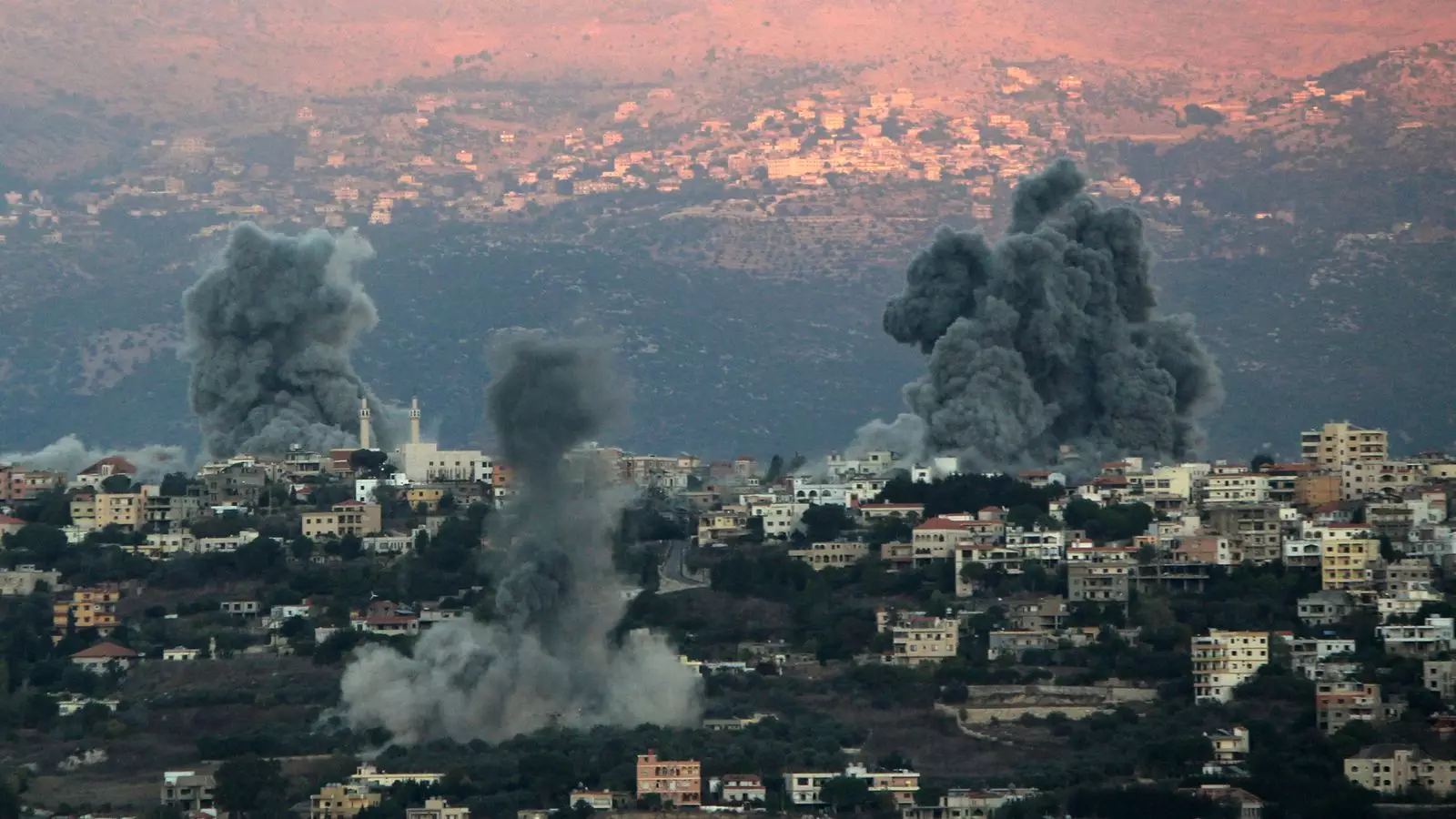As the geopolitical landscape in the Middle East grows increasingly perilous, British Foreign Secretary David Lammy’s call for immediate evacuation of British citizens from Lebanon has become a focal point of concern. His statements underscore the volatile nature of the current situation, particularly in the wake of escalating violence triggered by the death of Hezbollah leader Hassan Nasrallah. This article examines the gravity of the situation, the actions taken by the British government, and the implications for both nationals and the wider region.
The recent military escalation following the Israeli airstrikes that resulted in the death of Nasrallah has set off alarm bells not only within Lebanon but across the broader Middle Eastern region. With Hezbollah vowing retaliation and preparing for potential conflict should Israel launch a ground offensive, the situation is precarious. The rhetoric surrounding the event suggests a looming threat of regional warfare, raising fears that hostilities could spill over, drawing in neighboring states and global powers.
The urgency expressed by David Lammy reflects a deeper concern regarding the potential for rapid escalation. Given that a significant number of British citizens—approximately 5,000—are currently in Lebanon, the government’s inability to guarantee their safety in such a rapidly evolving circumstance speaks volumes about the dire situation at hand.
In acknowledgment of the risks posed to British nationals, the UK government has implemented a rapid response unit, along with a military presence stationed in Cyprus. More than 700 troops are being deployed to assist in the potential emergency evacuation, and commercial flights have been organized to facilitate the safe return of nationals still in the region.
Lammy’s repeated exhortations for British citizens to leave Lebanon aren’t just procedural; they carry a weight of urgency stemming from first-hand insights into the unpredictability of on-ground developments. As he noted, while the government has comprehensive plans for extraction, the reality remains that the capabilities to execute such plans could diminish if the situation deteriorates rapidly.
Foreign Secretary Lammy’s discussions with U.S. Secretary of State Antony Blinken further highlight the international dimension of the crisis. The cooperative dialogue between Britain and the United States emphasizes a mutual understanding of the risks and potential consequences of an intensified conflict. Their joint call for de-escalation reflects a broader concern about the implications for global security, particularly with Iran closely connected to Hezbollah’s operations.
Lammy’s remarks regarding his prior engagement with Iranian officials indicate a proactive stride toward diplomatic intervention. By engaging with Iran and urging restraint, the UK is positioning itself as an intermediary in a broader effort to quell rising tensions that threaten not only regional stability but also the safety of its citizens.
The current escalation between Hezbollah and Israel is not merely a bilateral issue but a complex interplay of regional actors and interests. If the conflict leads to a state of war, it threatens to create a humanitarian crisis, exacerbate sectarian divides, and potentially involve multiple state and non-state actors, deepening the instability that has plagued the region for decades.
In light of these developments, the urgency for British nationals to heed government warnings cannot be overstated. The message is clear: while immediate evacuation support has been initiated, the most pivotal action remains the individual decisions of those on the ground. The risk of remaining in such a volatile environment far outweighs the comforts of delay.
The situation in Lebanon serves as a critical reminder of the fragility of peace in the Middle East. For British nationals, the stakes are incredibly high, and the call for immediate action from their government encapsulates the broader struggle within the region. As tensions continue to rise, the importance of timely decisions, robust governance, and international cooperation will be paramount in navigating this complex landscape. The ramifications of these events will likely reverberate far beyond Lebanon, shaping the geopolitical dynamics of the entire region for years to come.


Leave a Reply